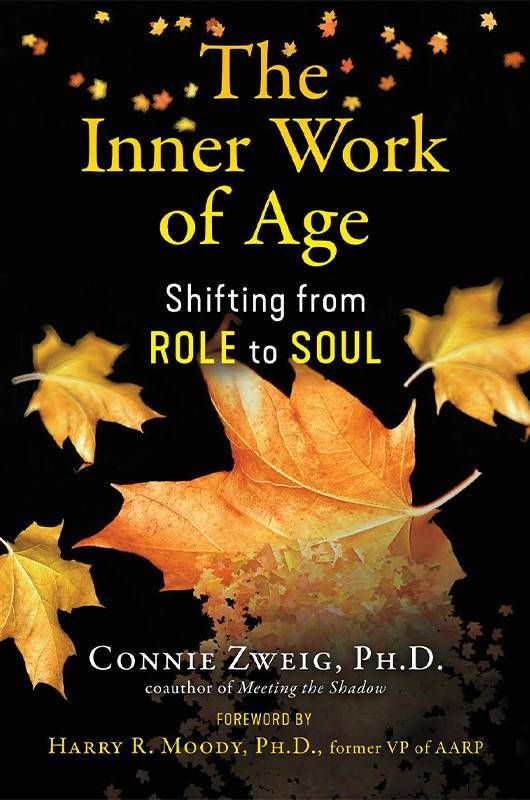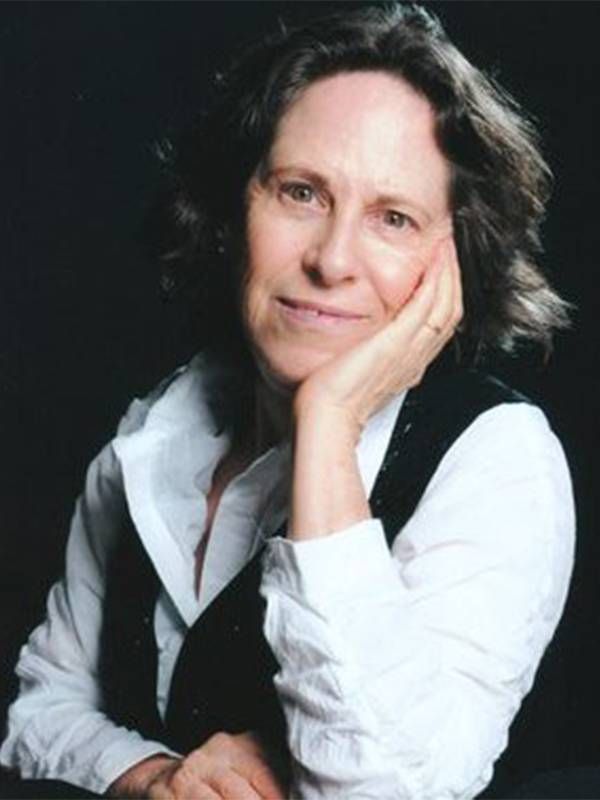Illness as Spiritual Practice
Changes to daily life brought about by illness can often lead to greater self-awareness
Editor’s note: This is an excerpt from "The Inner Work of Age" by Connie Zweig, published by Park Street Press.
Some stages of life-threatening illness pull us into a liminal space: We feel as if we are between worlds, between identities, no longer this, not yet that.

For example, the waiting between diagnosis and treatment can seem interminable, full of uncertainty about who we were and who we will become. During chemotherapy, when the ego's props fall away, hair falls in clumps, food tastes metallic and muscles waste, the old life passes away and a new life is not yet born.
When we are in remission or recovery, we can swing between hope and fear, between birth and death, living in a kind of bardo between worlds. Each of these is a transit space, a holding station, much like the chrysalis for the butterfly.
"My old self feels like a zombie that could be reanimated, but I don't want that. The Dr. Corey show is over. I let it go."
With some illnesses, a liminal period between identities can last a long time as roles fall away and a physical or psychological renewal fails to appear. My dear friend Corey, a beloved professor, psychologist and author, was forced into retirement at age 68 by chronic fatigue syndrome.
Previously, he had longed to give up the urban commute, the noise and the stress of his position and locale. But he felt too planted there, until the illness forced his hand. He unplugged from his life, quit his job, sold his home and moved with his wife to a small island where he knew no one.
"I've gone from being somebody to being nobody," Corey told me. "I live in a twilight, although it's spring outside. My old self feels like a zombie that could be reanimated, but I don't want that. The Dr. Corey show is over. I let it go."
For a few years, he would say to me, "When I recover . . . when I have energy . . . when I'm productive again . . ." He imagined a future after this holding pattern.

Then Corey realized that he was imagining action driven by ego in his heroic mode, and it didn't fit anymore. He no longer needed to be seen as smart and to impress people with his intellectual fireworks. He no longer needed to make money to accumulate stuff. Everything he had dedicated his life to, everything that had seemed so real and important, was gone now.
Corey didn't even need to live in linear time. "I've been forced into a slower wave frequency," he told me. "I'm moving at the pace of nature, not the pace of culture."
A Shift in Focus
As he stopped resisting and let go into the new life, no longer living in his mind, no longer seeking outer affirmation but instead enjoying presence, the beauty of the sea outside his window, the eagles soaring above, making his breakfast and resting when he needed to rest, something began to shift.
Corey had never focused on self-care and self-love before. And he had never been loved without heroic doing, without providing for others. Yet his wife loved him as much as ever, without his titles, without the status of his roles, without his earnings.
He discovered sources of renewable energy in small things — the taste of cherry pie, the sea air, a song he loved. And his sense of humor began bubbling up, along with moments of vitality. He had outgrown adulthood and was on his way to donning the mantle of an Elder.
Then the fragments of a story, which had been gestating deep within him for many years, became the beginnings of a novel.

"The hand of fate washed me up on a desert island," he told me. "If not for chronic fatigue, I would still be driving that commute and working myself to the bone."
Ram Dass wrote and spoke of his life before and after a paralyzing stroke in his book "Still Here." Always a scout for our generation, just ahead on the path, he continued into his eighties to teach about illness as a vehicle for spiritual knowledge and experience.
After the stroke: "I can no longer drive my car. Now, my attendant drives the car, and I sit in the passenger seat. So, each time I get into the car to go somewhere, I can either be an ex-driver, who can no longer drive, which will bring up suffering for me on that trip. Or I can say, 'Far out. I'm being chauffeured.' One brings up suffering, and the other brings up joy. It's a projection of my mind on the phenomenon of a trip to the post office."
Illness calls in new gods — new archetypes and identities — and ushers out the old. And it can shift our focus from fixing what's broken to connecting with the unbroken soul.
Read More

